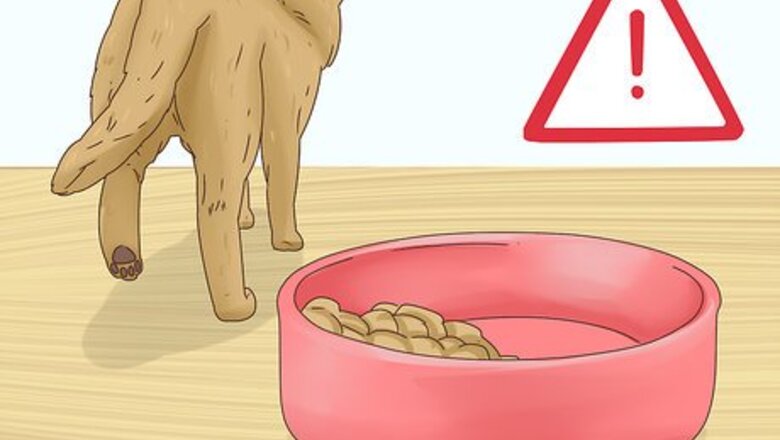
views
X
Research source
Recognizing Histoplasmosis Symptoms
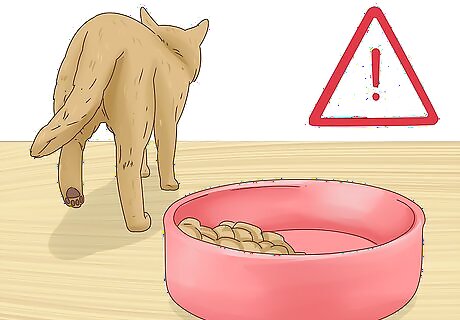
Watch your cat's food intake. One of the main symptoms of histoplasmosis is a change in appetite. If you notice that your cat is suddenly eating less, or rapidly losing weight, it might be a sign of histoplasmosis.
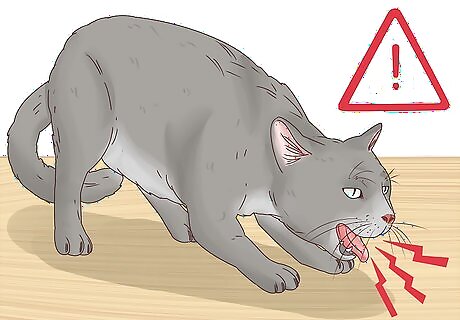
Listen to your cat's breathing. If you notice your cat coughing or breathing laboriously, it could have histoplasmosis. You should also listen for harsh lung sounds – similar to what you might hear for any respiratory infection. You might hear a crackling sound when your cat breathes in and out. This is another sign of histoplasmosis.
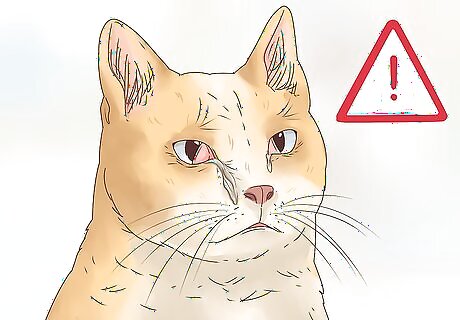
Look for an eye infection. Histoplasmosis can cause eye infections in cats. This will often include redness in and discharge from your cat's eyes. Eye infections are also serious on their own, so if you notice your cat has an eye infection, take it to the vet immediately.
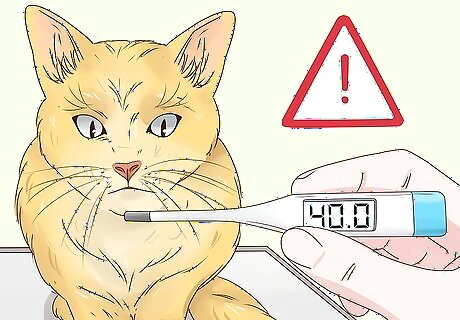
Check your cat's temperature. Because histoplasmosis is an infection, your cat might develop a fever. If your cat has a fever up to 104° Fahrenheit (40° Celsius) along with other symptoms, it might have histoplasmosis. If your cat has a fever, you should take it to the vet immediately, regardless of what you believe the cause to be. This can be indicative of other serious health issues.
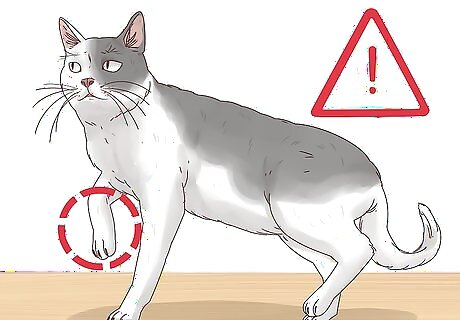
Look for sudden lameness. If your cat suddenly becomes lame – unable to walk or use any of its limbs – take it to the vet. This is another symptom of histoplasmosis. It can also be an indication of other serious issues.
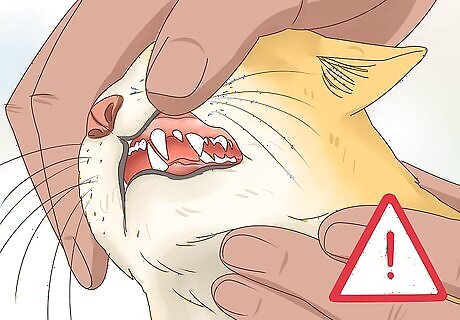
Check your cat's gums. A healthy cat's gums will usually be pinkish in color. If you notice that your cat's gums have become pale or white, your cat might have histoplasmosis or some other serious condition.
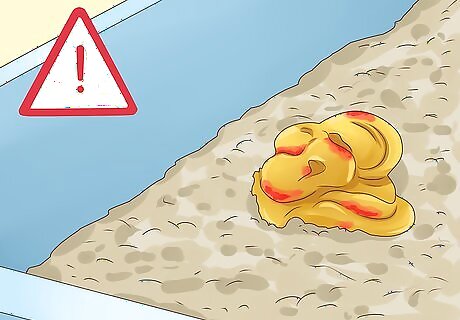
Look for signs of diarrhea. If you suspect that your cat has histoplasmosis, check their litter box. Diarrhea is a symptom of histoplasmosis. It's also a sign of other serious illnesses, so if your cat has diarrhea, take it to the vet.
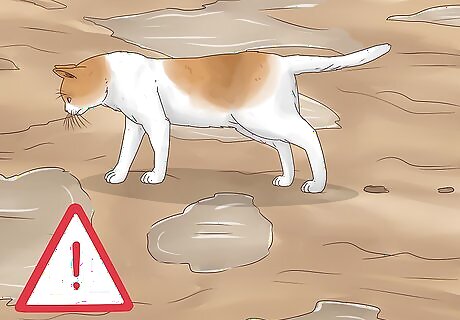
Consider where your cat has been. Histoplasmosis is more prevalent in certain geographic areas. This includes major river basins, areas where the ground is damp, and places where birds and bats roost. If your cat has been in those areas, it might be more likely to have histoplasmosis.
Treating Histoplasmosis
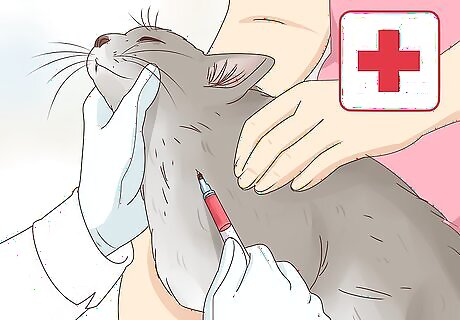
Take your cat to the vet. Your vet will to perform a variety of tests to distinguish between histoplasmosis and other conditions. These tests might include a chemical blood profile, a blood count, or a urinalysis. These tests will also help your vet determine the proper treatment – and intensity of treatment – for your cat.
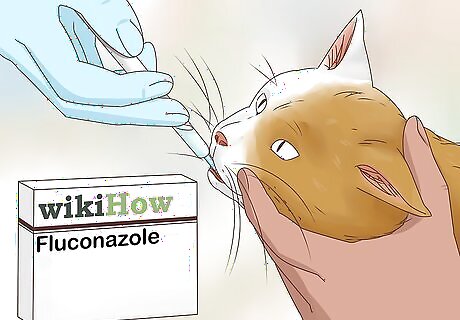
Administer medication. If your cat hasn't had histoplasmosis for long, or has not suffered overly severe effects, your vet will probably recommend medication and outpatient care. This medication will usually take the form of anti-fungal drugs like fluconazole or itraconazole, which you will give to your cat orally. Be sure to follow the specific directions for the drugs your vet prescribes your cat. You may need to administer these medications for up to 6 months. Do not stop giving your cat any medication without consulting your vet first. Bring your cat in for regular checkups throughout the treatment as recommended by your vet. They will need to evaluate how your cat is responding to the medication.
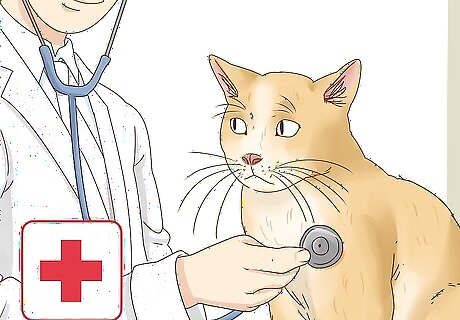
Arrange inpatient care, if needed. Your cat may need inpatient care for histoplasmosis. This is most likely if your cat has become dehydrated or malnourished as a result of its illness. Your vet can tell you if this is the case and how long that care will last.




















Comments
0 comment